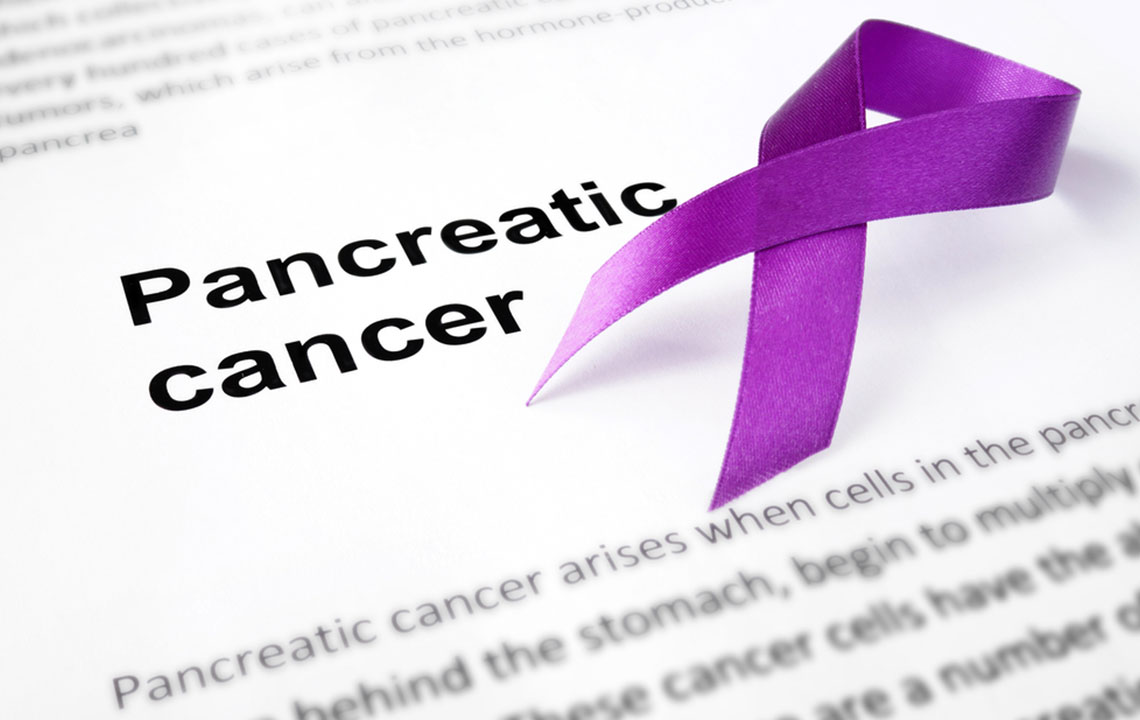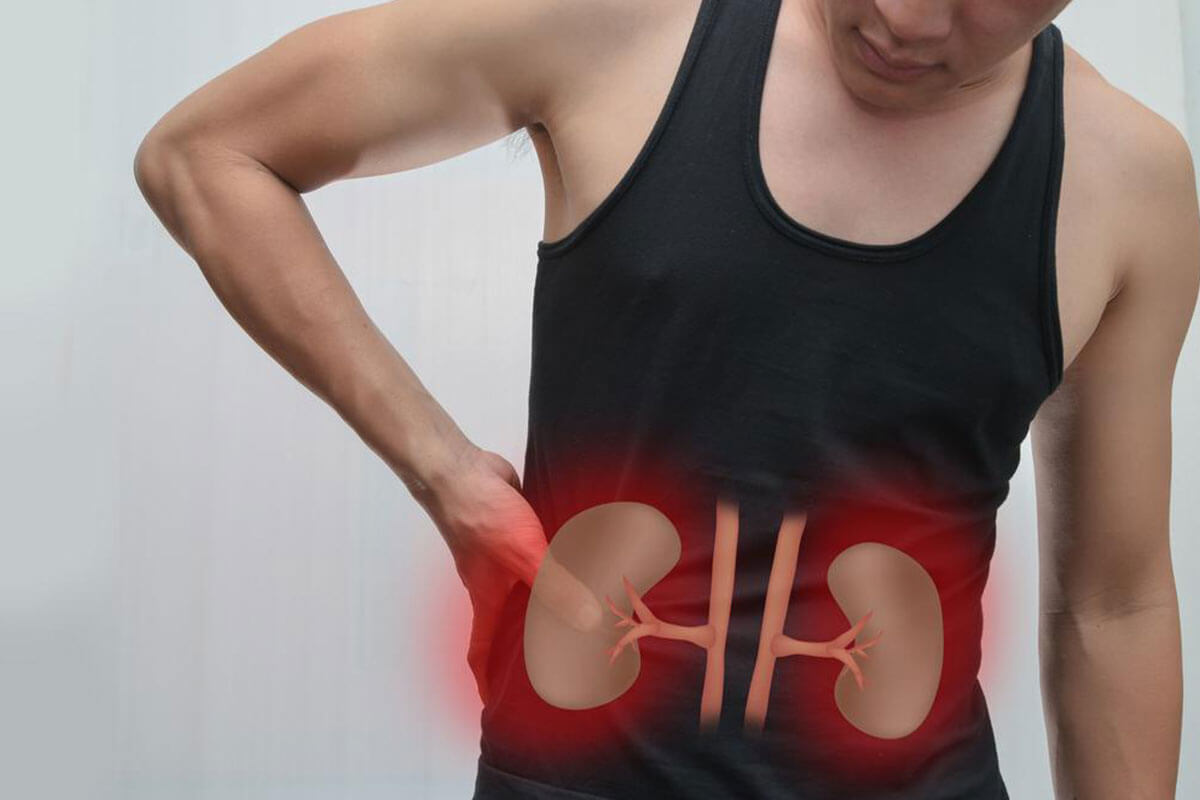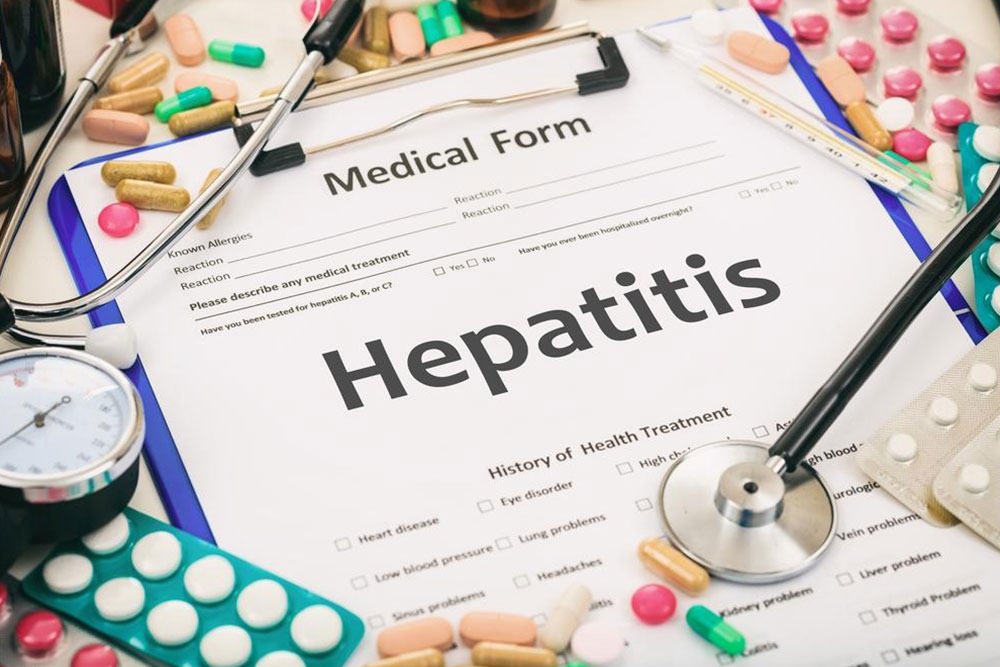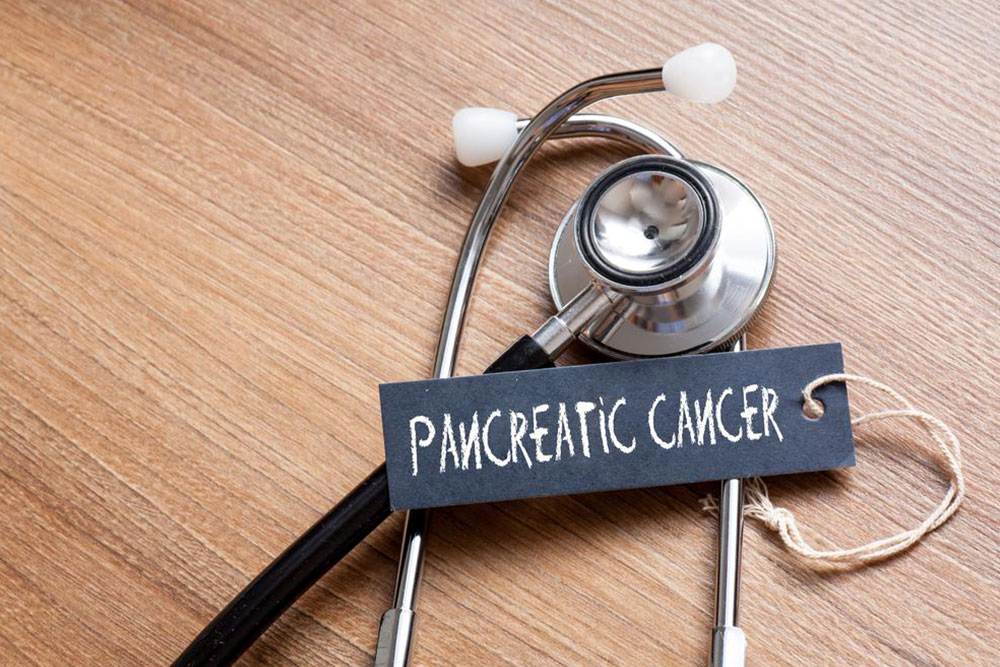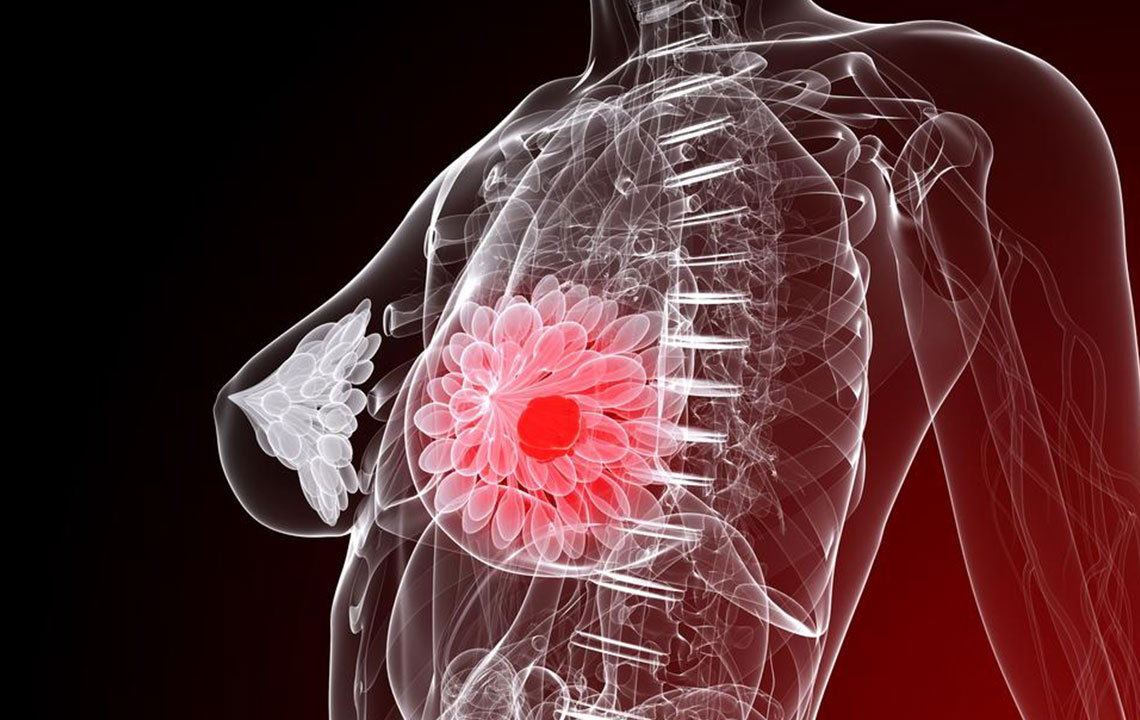Unexpected Signs of Pancreatic Cancer You Should Know
This article discusses lesser-known signs of pancreatic cancer, including unexplained weight loss, persistent abdominal pain, jaundice, and more. Early detection of these symptoms can improve treatment outcomes. Recognizing subtle clues like new-onset diabetes and digestive issues can help in timely diagnosis, making awareness essential for early intervention.
Sponsored
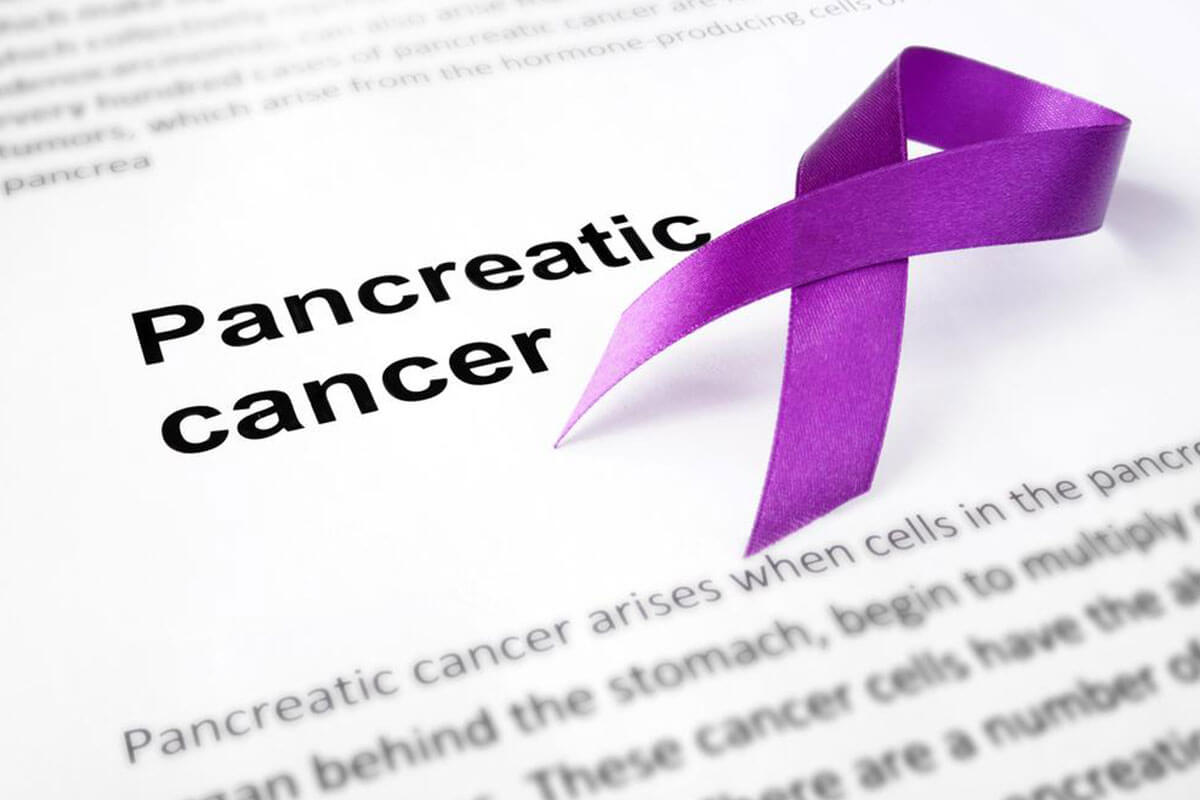
Many cancers develop silently without obvious symptoms. Recognizing subtle indicators of pancreatic cancer can lead to earlier diagnosis and better treatment outcomes.
Pancreatic cancer involves the formation of malignant cells within the pancreas, which can spread to other organs, complicating treatment. These mutations often stem from genetic factors or age-related changes. The disease is typically categorized into tumors affecting either the exocrine or endocrine parts of the pancreas, with the former being more common. Symptoms may be vague initially but can include unexpected weight loss, persistent abdominal pain, jaundice, and more.
Most pancreatic cancers are exocrine tumors, particularly adenocarcinomas. The location, size, and spread of tumors influence symptoms, which can sometimes resemble other ailments. Recognizing these less obvious signs can be crucial for early detection. Here are some surprising symptoms linked to pancreatic cancer that might otherwise go unnoticed.
Unexplained Weight Loss
Unintentional weight reduction is a common but easily overlooked sign. It results from cancer-related metabolic changes that cause the body to break down calories and muscle, leading to significant weight loss and decreased appetite.
Persistent Abdominal Discomfort
Unexpected, unrelenting pain in the upper abdomen that radiates to the back may indicate tumor pressure on nearby nerves, a common early warning sign.
Yellowing of Skin and Eyes (Jaundice)
Jaundice occurs when tumors block the bile duct, causing bile buildup. This manifests as yellowing of skin and eyes, dark urine, and often appears early in pancreatic cancer.
Itching
Itching, caused by excess bile salts in the bloodstream due to jaundice, can be an unusual symptom associated with pancreatic tumors.
New-onset Diabetes
Sudden diabetes diagnosis without prior history can be a sign, as pancreatic cancer affects insulin production, leading to high blood sugar and related symptoms like thirst, fatigue, and weight loss.
Digestive Difficulties
Symptoms such as nausea, indigestion, and loss of appetite may emerge when the tumor presses against the stomach or obstructs digestive enzymes, impairing normal digestion.
Blood Clots
Cancer can increase blood clot risks, especially in the leg veins, causing swelling and pain, known as deep vein thrombosis (DVT).
Altered Bowel Movements
Blocked pancreatic ducts may lead to greasy, pale, or gray stool with abnormal fat content, signaling issues with fat absorption, known as steatorrhea.
Enlarged Gallbladder
If tumors obstruct bile flow, the gallbladder may swell, presenting as a lump beneath the right ribs, which can sometimes be corrected surgically if benign.
Recognizing these uncommon signs can be crucial. Seek medical attention promptly if you notice any of these symptoms.

